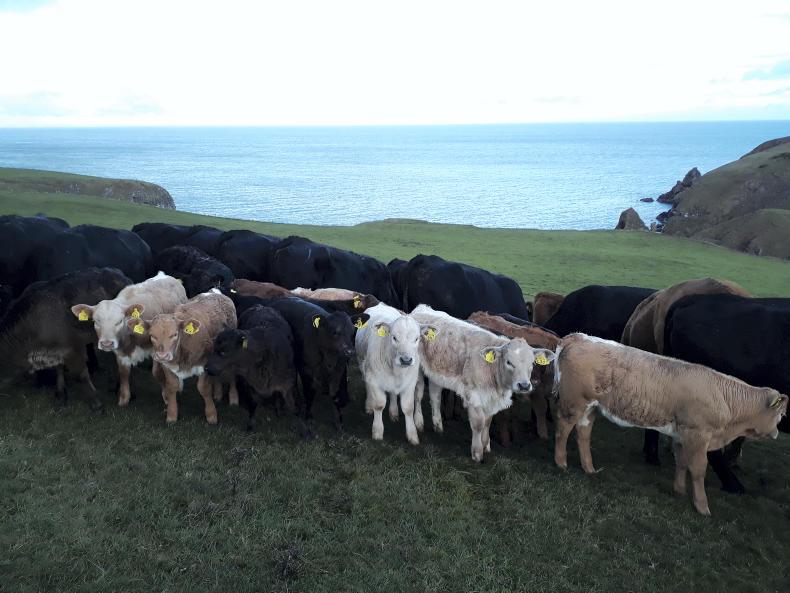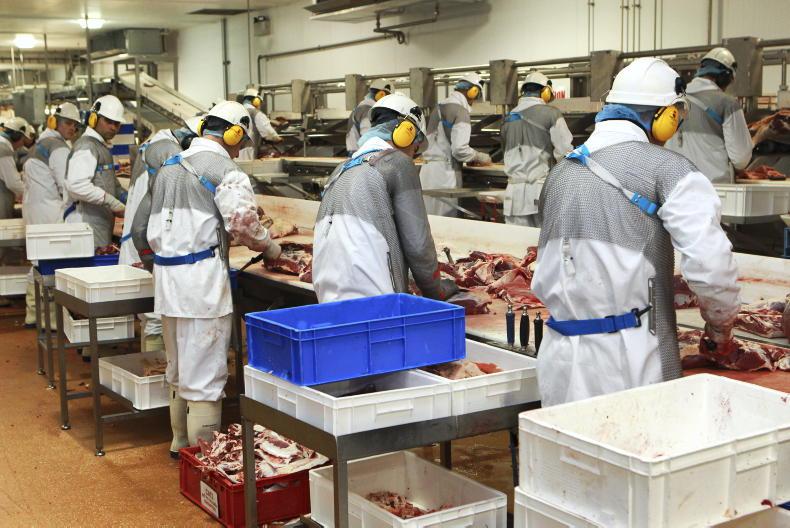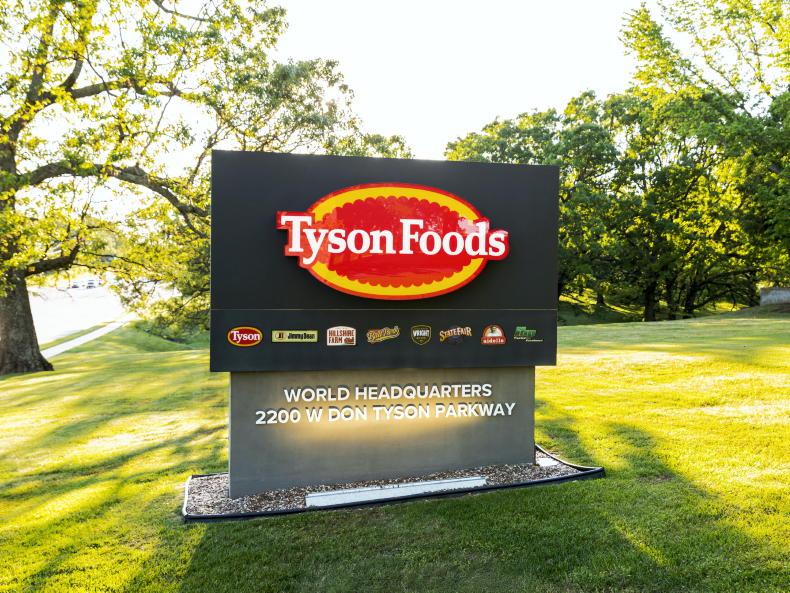The SNP’s Westminster farming spokesman Angus MacNeil’s call to devolve pesticide rules to Holyrood could see a split in policy in the UK.
The SNP Government are refreshingly frank with voters about their dislike of genetically modified plants. Furthermore, their MEPs voted against the renewal of glyphosate.
This attitude could usher in tighter restrictions on plant protection products in Scotland, compared to the other parts of the UK.
Clearly this depends on election results and manifestos. However, dual standards across the UK could be something we experience in the future. It may be argued that tighter restrictions in Scotland could underpin a “green brand” for consumers, which in turn could push up our prices.
However regulation should be based on science and set at a level that doesn’t create competitive disadvantages. Any building of a premium brand should be industry-led with a full consultation.
This may be a battle for the future, but for crop farmers in the here and now we have Barry Cassidy’s piece on pages 14 and 15 from Agronomy 2018.
Worryingly, we are seeing an increase in incidences of fungicide resistance in common crop diseases. Crop trials in 2017 saw a number of active products fail to control a ramulara epidemic that swept through barley, and there is a real fear that this trend could spread.
With resistance on the rise and the next generation of fungicides a number of years away, we need to bridge this high-risk period by ensuring a well thought-out Integrated Pest Management (IPM) plan is put in place.
The end of an Orkney chapter
The speed of Orkney abattoir’s closure has come as a surprise, but sadly the long-term viability of the plant was never secure. The abattoir was too large for the butchers running the plant, where little over an average of 14 cattle, 17 sheep and three pigs were killed each week.
Furthermore, removal of waste and adherence of strict safety rules left costs mounting up. If the money spent by the council in recent years was invested back when Orkney meat was running, we would be in a different situation, but hindsight is always 20:20.
While sad to see one chapter close for the Orkney food sector, it is not the end of the story of beef and sheep on the islands. The industrious islanders have always over-produced and based their economy on utilising fertilised soil to trade with the world. There is still a strong demand for their quality cattle for finishing on the mainland, as seen in the good trade at the Orkney mart on Monday.
The closure should be seen within the wider worry of reducing numbers of medium-size abattoirs in Scotland. These facilities are vital for our meat trade to allow a better balance of power along the food chain. Further they are more adept at recognising niche opportunities that enrich Scottish food PLC.
Strong hogg trade good for hill farmers
The strong market signals for sheep producers is to be welcomed, particularly by hill farmers.
Store buyers last year were hesitant in the market, as many got caught with poorer prices 12 months ago.
However, these recent prices will go some way to putting confidence back into the store trade in 2018.
The global pressures driving prices once again reiterates how vital EU market access is to keeping the Scottish sheep flock afloat.









SHARING OPTIONS